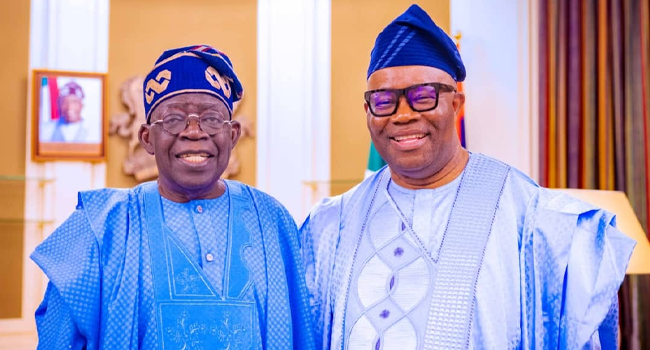NASS has no powers to summon President Buhari, Lawyers declare

Some senior lawyers in the country said the National Assembly lacks powers to summon President Muhammadu Buhari over the anticipatory spending of $496 million for the purchase of fighter jets.
Both chambers of the National Assembly had last week accused the President of withdrawing the sum from the Federation Accounts, without its approval as provided by the Constitution.
Constitutional lawyer, Ben Nwabueze (SAN) yesterday said though President Buhari erred in not getting the approval of the lawmakers before paying for the Tucano aircraft, he is not one of those that could be summoned by the National Assembly as provided for in Section 89 (1) (c)of the Constitution.
Tayo Oyetibo (SAN) said the although Section 89(1)of the Constitution empowers both the Senate and House of Representatives or any committees to summon any person to give evidence at any place or produce any document or other thing in his possession, the categories of persons contemplated by that section must be those against whom a warrant can be issued to compel their attendance if they failed to do so.
“Under Section 308 (1)(b) of the Constitution, the President enjoys immunity from any Criminal or Civil Process by reason of which he cannot be arrested or imprisoned during his period of office in pursuance of the process of any court or otherwise. The latter expression – ‘otherwise’ covers the process of the National Assembly,” he said.
“The law does not normally give a power that cannot be enforced. In so far as the President cannot be arrested for refusal to obey a summons issued by the House of Representatives, it would not serve any legal purpose to issue a summons that cannot be enforced.”
Also, Emeka Etiaba (SAN) said the National Assembly is constitutionally empowered to summon anyone, but not the president, adding that he has ministers and other appointees, who ought to answer to any questions.
“But they cannot do that to the President except for the purpose of addressing the two chambers of the National Assembly on the state of the nation, not to answer questions,” he said.
Section 89 (1c-d) provides that …the Senate or the House of Reps shall have power to “(c) summon any person in Nigeria to give evidence at any place or produce any document or other thing in his possession or under his control, and examine him as a witness and require him to produce any document or other thing in his possession or under his control, subject to all just exceptions; and
(d) issue a warrant to compel the attendance of any person who, after having been summoned to attend, fails, refuses or neglects to do so and does not excuse such failure, refusal or neglect to the satisfaction of the House or the committee in question, and order him to pay all costs which may have been occasioned in compelling his attendance or by reason of his failure, refusal or neglect to obey the summons, and also to impose such fine as may be prescribed for any such failure, refused or neglect; and any fine so imposed shall be recoverable in the same manner as a fine imposed by a court of law.”









